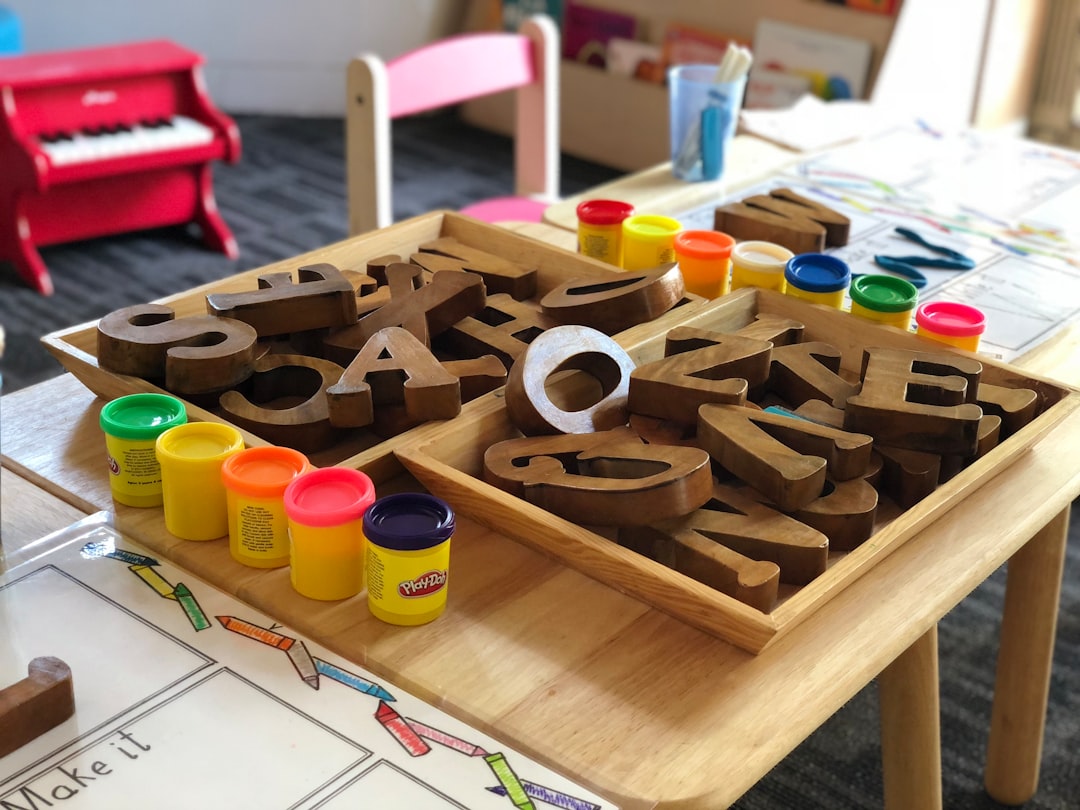
Attention Deficit Hyperactivity Disorder (ADHD) is a condition that affects millions of people worldwide, influencing various aspects of their daily lives. One of the lesser-discussed impacts of ADHD is its effect on memory. Understanding how ADHD relates to memory challenges can help those affected by it to develop strategies for managing their symptoms more effectively.
ADHD is characterized by symptoms such as inattention, hyperactivity, and impulsivity. These symptoms can interfere with a person’s ability to focus, organize tasks, and follow through with plans. As a result, individuals with ADHD often experience difficulties with memory, particularly working memory. Working memory is the brain’s ability to hold and manipulate information over short periods, which is crucial for tasks such as problem-solving, following instructions, and completing complex activities.
Research has shown that individuals with ADHD may have impairments in both working memory and long-term memory. These memory challenges can manifest in various ways, such as forgetting appointments, misplacing items, or struggling to recall information needed for academic or professional tasks. The link between adhd and memory is complex, as it involves multiple cognitive processes that can be disrupted by the core symptoms of ADHD.
To better manage these memory-related challenges, individuals with ADHD can employ several strategies. One effective approach is creating a structured environment with consistent routines. This can help reduce the cognitive load on working memory by making daily tasks more predictable. Additionally, using tools like planners, reminders, and digital apps can support memory by providing external cues that help individuals stay organized and on track.
Another important aspect of managing memory challenges in ADHD is developing strong executive functioning skills. These skills include planning, prioritizing, and self-monitoring, which are critical for effective memory use. Cognitive behavioral therapy (CBT) and other therapeutic interventions can help individuals with ADHD enhance these skills, leading to improved memory performance.
It’s also essential for those with ADHD to maintain a healthy lifestyle, as physical health can significantly impact cognitive functions. Regular exercise, a balanced diet, and adequate sleep are vital components of a lifestyle that supports brain health. Engaging in activities that promote relaxation and stress reduction, such as mindfulness or meditation, can also help improve focus and memory.
For those seeking more information on how to manage ADHD and its impact on memory, resources such as Brain Harmony offer valuable insights and strategies. By understanding the connection between ADHD and memory, individuals can take proactive steps to mitigate the challenges they face and enhance their overall quality of life.
In conclusion, while ADHD presents unique challenges in memory and cognitive function, there are numerous strategies and resources available to help individuals manage these difficulties. Through structured routines, skill-building, and a healthy lifestyle, those with ADHD can improve their memory capabilities and lead more organized and fulfilling lives.




